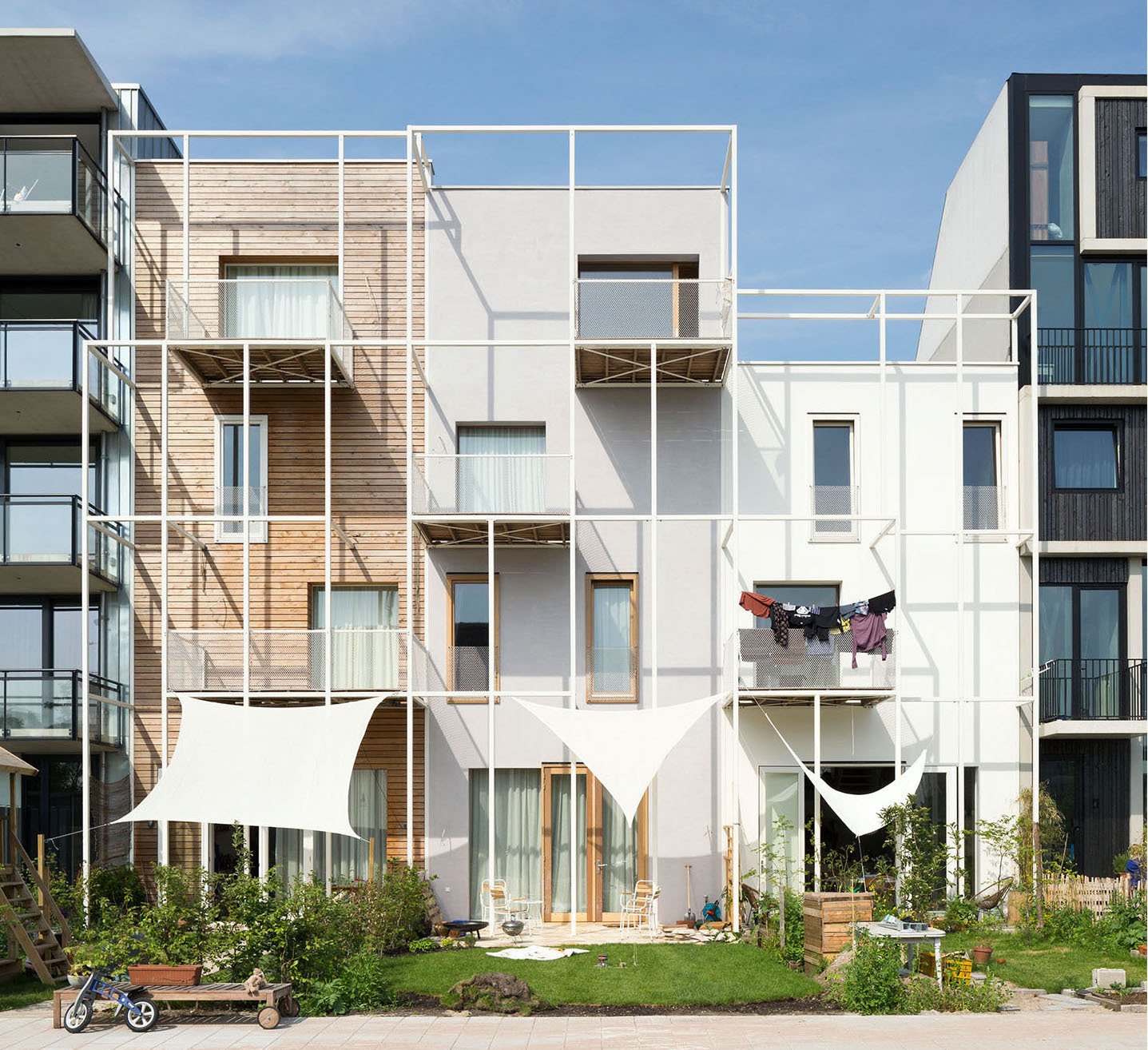The rise of co-housing communities in South Africa represents a dynamic and forward-thinking shift in the way people approach communal living.
Co-housing, characterized by shared spaces, resources, and a sense of intentional community, is gaining popularity as a modern and sustainable living solution.
This opinion explores the positive aspects and potential benefits of co-housing communities in the South African context.
1. Community-Centric Living: Co-housing communities place community at the center of the living experience. In a society that often values individualism, the rise of co-housing signifies a desire for meaningful connections and shared experiences. It fosters a sense of belonging and mutual support, creating an environment where residents actively engage with one another.
2. Pooling Resources for Efficiency: The pooling of resources, a fundamental aspect of co-housing, leads to increased efficiency and reduced individual costs. Shared facilities, such as communal kitchens, laundry spaces, and recreational areas, contribute to a more sustainable and cost-effective lifestyle. This model aligns with a growing awareness of the importance of resource conservation and responsible living.
3. Environmental Sustainability: Co-housing communities often prioritize environmental sustainability. From shared green spaces to energy-efficient building practices, these communities embody a commitment to minimizing their ecological footprint. In a country like South Africa, where environmental concerns are increasingly prominent, co-housing presents a viable solution for those seeking eco-conscious living.
4. Inter-generational Connections: One of the notable features of co-housing communities is their ability to bring together individuals from diverse age groups. This inter-generational living fosters a rich tapestry of experiences and perspectives. In South Africa, where the wisdom of older generations is highly valued, co-housing communities provide a platform for meaningful cross-generational interactions.
5. Flexibility and Autonomy: Co-housing does not negate individual autonomy; rather, it enhances it by providing residents with flexibility in their living arrangements. Residents can choose the degree of involvement in community activities and decision-making, striking a balance between personal space and communal engagement. This flexibility appeals to individuals seeking a sense of community without compromising their independence.
6. Enhanced Security and Safety: Co-housing communities often benefit from enhanced security measures, as residents collectively invest in the safety of their shared spaces. In a country where safety concerns are significant, co-housing offers a model that promotes a secure living environment through mutual care and vigilance.
7. Cultural Diversity and Inclusivity: South Africa is known for its cultural diversity, and co-housing communities reflect this diversity in a microcosm. These communities provide an opportunity for individuals from different backgrounds to coexist, fostering a sense of inclusivity and cultural exchange.
8. Reduction of Social Isolation: Co-housing directly addresses the issue of social isolation prevalent in modern society. By design, these communities encourage social interactions and create a support system within the neighborhood. This is particularly valuable in a context where urbanization and fast-paced lifestyles can contribute to feelings of isolation.
9. Adaptability to Changing Lifestyles: The adaptability of co-housing communities makes them well-suited to changing lifestyles. From shared childcare responsibilities to collaborative meal planning, these communities can adjust to the evolving needs of residents, offering a resilient and responsive living model.
10. Fostering a Sense of Purpose: The intentional and collaborative nature of co-housing communities often results in a shared sense of purpose. Whether it’s engaging in sustainable practices, organizing community events, or participating in decision-making processes, residents find a deeper meaning in their living arrangements.
In conclusion, the rise of co-housing communities in South Africa signals a paradigm shift towards a more interconnected and sustainable way of living.
By embracing the principles of shared resources, community-centric living, and environmental sustainability, co-housing communities offer a modern and culturally resonant approach to addressing the diverse needs of individuals and families.
This innovative living model not only responds to current societal trends but also presents a blueprint for fostering resilient and thriving communities in the future.
